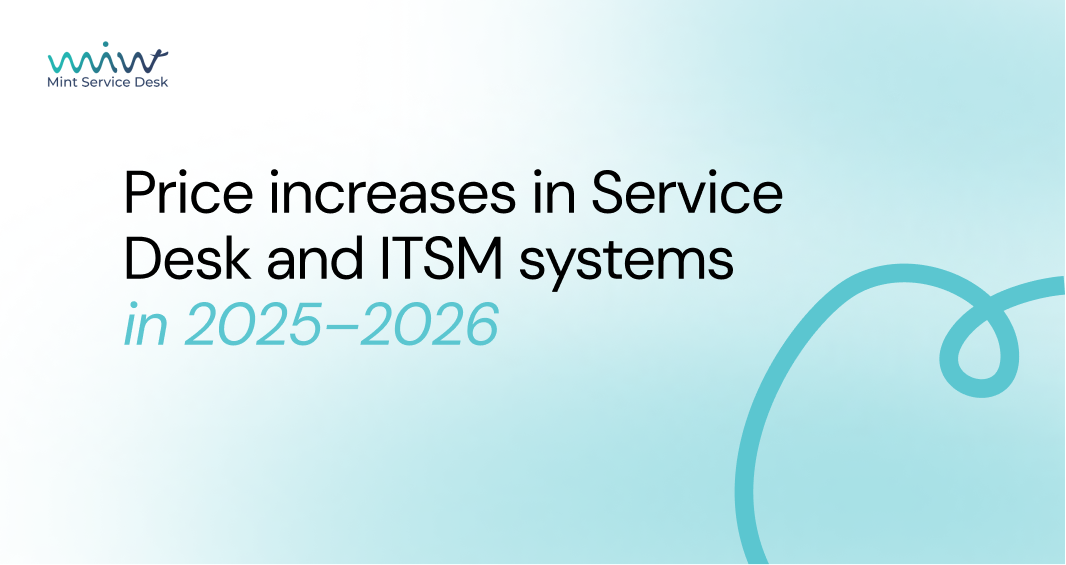With clear benefits like these it stands to reason that the management of this knowledge is a pretty important task so let’s explore the practice in a bit more detail.
What Exactly is Knowledge Management?
Organizations need to make sure that their knowledge is accessible, relevant, simple, accurate, and secure. Knowledge management helps to make this happen. It’s a way for organizations to gather, create, update, and share their knowledge so as that it delivers value to all stakeholders.
Knowledge management is a practice within the ITIL framework that sits under its ‘general management practices’. The purpose of knowledge management in ITIL terms is … ‘to maintain and improve the effective, efficient, and convenient use of information and knowledge across the organization.’
Knowledge management is an important practice not only for the IT service desk but for the organization as a whole. Good knowledge management is essential for a happy workforce and a happy customer base.
Knowledge Management Improves Customer Satisfaction
Modern customers tend to prefer resolving their own issues rather than speaking to a customer service agent for assistance.
One report published byshows that ‘over 60% of US consumers say their go-to channel for simple tasks is a digital self-service tool.
When an organization recognizes (and acts upon) the fact that customers are moving toward serving themselves they will see an increase in customer satisfaction.
With the amount of competition out there and the ease in which consumers can switch between brands, it is essential for organizations to focus on what the customer wants.
The knowledge management practice helps organizations to ensure that information is available in the company knowledge base for customers to make use of so as that they may resolve their own issues. This might take the form of a detailed user guide, a FAQ page, or a troubleshooting video. Whatever it might be it needs to be in the right format for your audience, accessible when they need it, and easy to understand. It’s going to be pretty tough to get that right consistently without a robust knowledge management process in place to support you.
And it’s not only customers who will thank you for your dedication to knowledge management...
Pressure on Staff Reduces with Good Knowledge
Good knowledge management helps customer-facing staff to find fixes to issues quickly.
When knowledge is not easily available staff face additional pressure because now, not only do they need to resolve an issue, they need to find out how to do so before they can get started. Knowledge that is easy to access, accurate, and simple to understand allows agents to handle calls swiftly with the added benefit that support becomes consistent across the organization.
But it’s not only customer-facing staff that will feel the pressure when knowledge management isn’t handled well.
Instead of time being spent on areas that really push an organization forward such as continual service improvement initiatives, staff spend too much time working out what they already know. This sounds a bit daft but often organizations tend to have the knowledge they need but it isn’t made widely available. Those without access waste time working out how to do something that’s already been done before.
Knowledge management can save time, avoid duplication of effort, and prevent staff from tearing their own hair out.
Reduce the Loss of Knowledge
A further problem caused by a lack of knowledge sharing is the risk of losing knowledge when key personnel leave the company.
You know when you have that one person who is the go-to guru for a particular area? Well, what happens when they take annual leave or even get a new job? All that knowledge goes with them and everyone regrets that they didn’t enforce knowledge sharing from the get-go.
An organization cannot survive if its knowledge is trapped safely in the heads of a few employees. Losing knowledge in this way is so easily prevented yet too many organizations learn the hard way and find themselves in a painful cycle of re-learning what was already known. ‘If only we’d sorted our knowledge management process out, we wouldn’t be in this mess’, cries the organization, and then forgets about it until it happens all over again.
There is no better time to get to grips with knowledge management than right now. It can change your culture from one of silos and knowledge hoarding into one where everyone works together.
Knowledge Management Promotes Collaboration and Sharing
Adopting knowledge management practice helps organizations to resolve their issues of locked down or lost knowledge by promoting a collaborative environment.
ITIL offers a number of guiding principles to organizations to help them through whatever circumstance they might face. As a business evolves change is inevitable so the guiding principles offer a level of consistency to help keep the company on track.
One of these principles is to ‘collaborate and promote visibility’ which encourages organizations to ensure that ‘information [is] shared to the greatest degree possible.’
Knowledge management is a practice that makes this level of sharing feasible. The key to this is creating a culture where sharing knowledge becomes the norm. Long gone are the days where it was acceptable to work in silos; the new way of working is all about collaboration and creating a holistic environment where everybody is looking to achieve the same objectives.
In the digital age where change is frequent and inevitable a good knowledge management process can save your organization from continually re-inventing the wheel, consistently losing knowledge, and working in siloed teams where the common business goal is forgotten.
Instead, it can help your business to concentrate on collaboration and moving forward, putting you ahead of competitors and increasing the satisfaction levels of both your customers and your workforce.
Mint Service Desk takes away the pain of knowledge management with a secure, central knowledge base that promotes collaboration, empowers your team, and assists in improving your customers’ self-service experience. For more information visit our features page.









